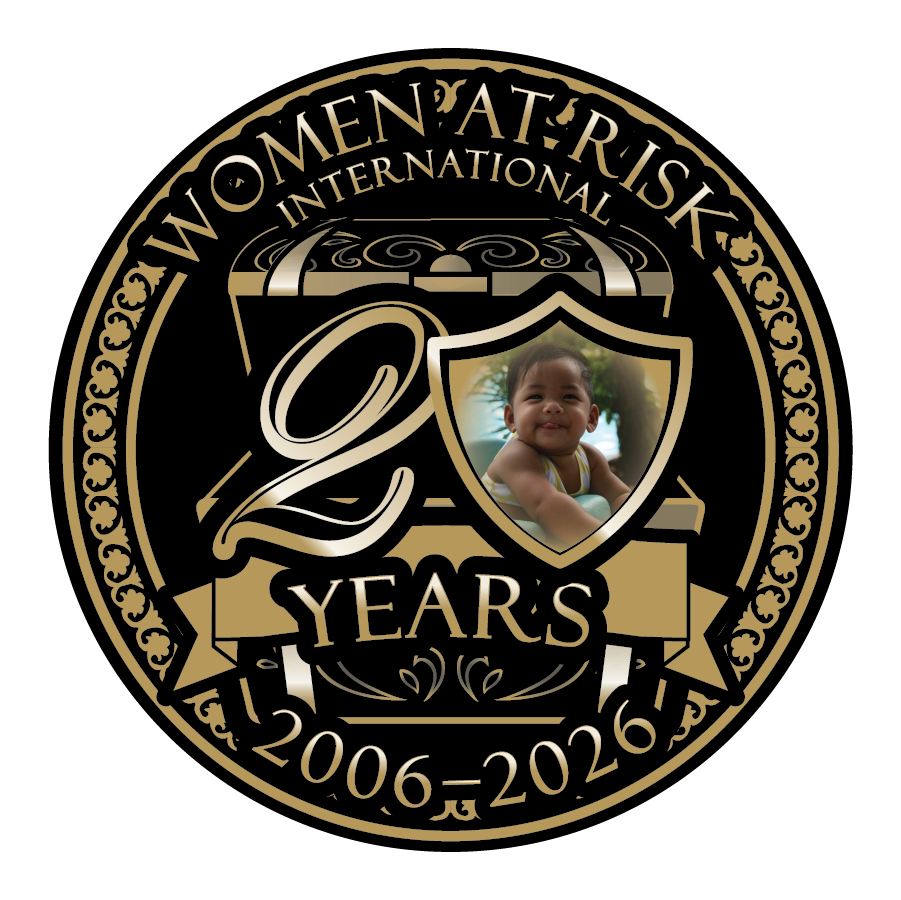 Cassie was just an infant when her biological parents abandoned her. From that point on, she was carted from abusive foster family to abusive foster family, never able to find a place to call home—until someone adopted her. But she didn’t find safety and respite within her new household. Instead, she was once again abused, even trafficked. The trauma she faced planted roots of mental illness within her.
Cassie was just an infant when her biological parents abandoned her. From that point on, she was carted from abusive foster family to abusive foster family, never able to find a place to call home—until someone adopted her. But she didn’t find safety and respite within her new household. Instead, she was once again abused, even trafficked. The trauma she faced planted roots of mental illness within her.
Cassie’s story has a happy ending; she was rescued from her situation and is healing within the refuge of a domestic safehouse. However, her situation is not unique, and other stories may not end on a positive note like hers does.
Children with experience in foster care are at particularly high risk of sex trafficking; they make up the majority of individuals preyed upon (The Polaris Project; ACYF). The foster victim to non-foster victim ratio is uncertain, due to the hidden nature of the crime; but 2013 statistics from the Polaris Project estimated that, of the runaways who were believed to be trafficking victims, 67 percent came from foster care backgrounds.
Why such high numbers? What puts these children at this degree of risk? There are a few different reasons and factors.
Children are placed in foster care for a good purpose: because they have suffered abuse and/or neglect at the hands of their biological parents. This creates an inherent risk; children who are abused—especially sexually—are more likely to be trafficked. But the physical and emotional damage does not always end with the child’s mother or father. Foster parents—the ones who are meant to protect, cherish, and rehabilitate—may also abuse the child, as Cassie’s did. This is not always the case, of course, but it does happen. In such instances, families slice into preexisting scars.
Past experiences—as well as the stress of relocation and parental separation—can also hinder relationships between foster children and families. Many of the children suffer developmental, social, academic, emotional, and/or mental issues. While some families rise to the challenge and succeed, others find that they are not properly equipped for such a responsibility. Sometimes those in the latter group feel forced to back out for this reason, leaving children feeling unwanted.
Even if the fostering relationship works out, system policies may force children to flit from home to home. With each move, a new fissure streaks through the floors beneath them. The result is a life of instability.
These factors make foster children particularly easy targets for sex traffickers. Pimps can step in and draw victims into a net of slavery, luring them with things they’ve always wanted but never experienced: love, dependability, acceptance, and affirmation.
Kindhearted people like you, however, can also give at-risk children the affection, attention, and care they so desperately need. Donating your time through mentorship is one way to do so. Befriend a girl between the ages of 12 and 14—the average age of prostitution entry (The Polaris Project)—and you will provide her with appropriate love and affirmation, which she may not receive at home. The offers of a trafficker will then lose their power. There are many organizations through which you can mentor, from the nationwide (e.g., Big Brothers Big Sisters of America) to the local (e.g., Barnabas Ministries in West Michigan). Even if you don’t have a knack for mentoring, you can simply create a haven of hospitality for your children’s companions. Extend warmth and friendliness to them, and assure them that you are present and available if ever they need someone. Perhaps they won’t respond, but perhaps they will.
In addition, WAR, Int’l partners with several other organizations that help at-risk children, such as New Life—a rehabilitative and life-restoring home for youth who have nowhere to go or have suffered abuse, neglect, trafficking, and more. They offer services such as counseling and skills training. Support their work, and you will lift a young person out of his/her circumstances, as well as join him/her on the journey toward recovery and empowerment.
Lastly, if you feel called and equipped to do so, consider opening your home to a foster child. Throughout the United States, the demand of foster children exceeds the supply of foster families. By giving an abused or neglected child a structured, stable home and all the love in your heart, you will give him/her a safe place to heal, as well as reduce his/her risk of being trafficked. Whatever you choose to do, your charitable act can make a difference, giving a child a hand up rather than a handout.

